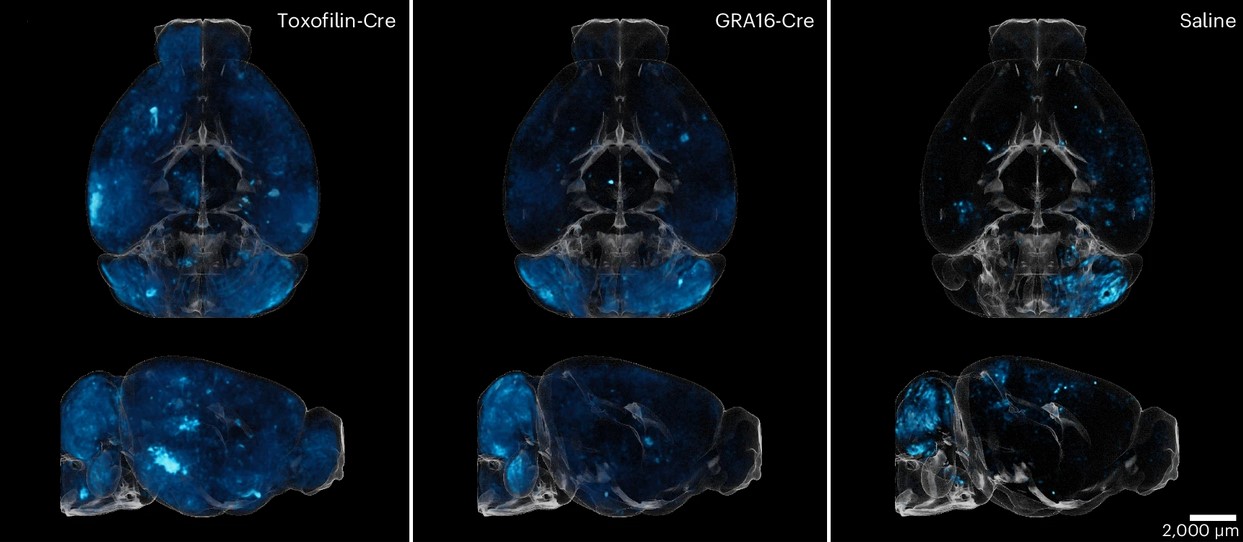Engineered Brain Parasite Used for Therapeutic Delivery
A study published in Nature Microbiology details a new method for delivering therapeutic proteins to the brain using the parasite Toxoplasma gondii. This parasite, which naturally crosses the blood-brain barrier to infect the brains of its hosts, has been modified to potentially treat conditions that are otherwise difficult to access.
